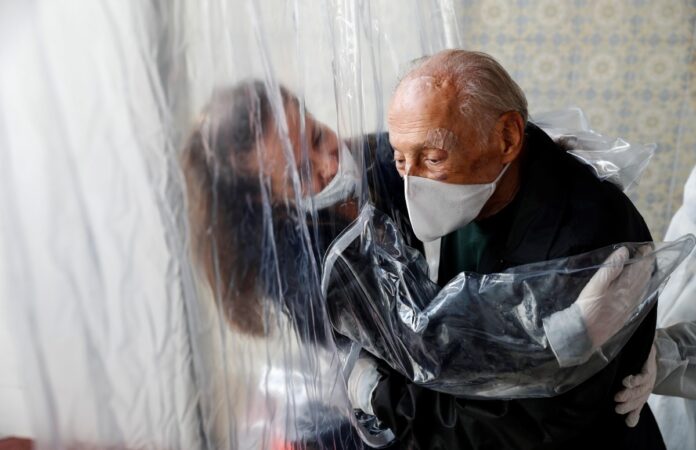Lonely death is a phenomenon that has been occurring especially in countries with large cities, warned Enrique Rodriguez Balam, a social anthropologist and senior researcher at the Peninsular Center for Humanities and Social Sciences at the National Autonomous University of Mexico (UNAM).
In some cities in Europe and Asia, such as Japan and South Korea, the lifestyle of contemporary societies combined with other problems causes older people to die alone, he said. Some die at home if they are fortunate enough to have one, in shelters, or on the streets, without family support. In other words, they die alone.
This issue has drawn attention in these countries, prompting governments to take action. In Mexico, similar social phenomena are beginning to be seen, especially in Mexico City, Guadalajara, and Monterrey.
Lonely Death in Mérida, Yucatán
Rodriguez Balam explained that older adults experience circumstances that lead them to die alone. This is a social phenomenon not necessarily based on the person’s will to isolate themselves, although there may be cases. It is more about socio-cultural issues related to changes in family structure over time, causing previously strong ties to break.
One of the most recurrent causes is migration from the countryside to the city or large capitals in search of better life and employment opportunities. This leads to children abandoning their parents. Additionally, the way of life in large cities makes it difficult to maintain certain family structures. Previously, children would take a long time to leave their parents’ house and often stayed with their families in the same building.
This tradition was common among Mayan-speaking groups in the interior of the state, where children would live in adjoining houses. However, as people migrate to cities, these schemes begin to break down.
Urbanization and Family Structure
With the growth of cities in terms of population and extension, several problems arise. Children begin to look for their own houses or rent one. In Yucatán, the majority of those who rent or lease a house are people from outside, but it is becoming more common among Yucatecans as well.
As the city grows and people move to live outside the Periférico, mobility issues arise, making it difficult to visit parents. Modern life and new lifestyles reconfigure family ties and structures. Grandparents used to gather large groups for birthday parties, but this tradition is falling into disuse. This leads to new habits and changes in family ties, with less attention paid to parents and grandparents.
Changing Perspectives on the Elderly
The perspective of respect towards the elderly has changed. Societies now tend to isolate older people, especially if they are no longer socially productive for the labor market or suffer from chronic illnesses. This leads to abandonment, as they are seen as a burden.
Older adults with chronic illnesses or mental health issues like senile dementia may have to isolate themselves, be in a nursing home, or in the worst case, live on the street. Modern life and work styles contribute to this reconfiguration of family ties.
Future Concerns
Rodriguez Balam indicated that lonely deaths occur due to these factors of modern life. In Yucatán, this phenomenon is not yet a major problem, but it could become one in the coming years. The city is growing and receiving strong migration from both the countryside and other states, leading to changes in family structures.
Statistics and Observations
The National Survey of Health and Aging in Mexico indicates that 25 to 30 percent of older people in Mexico live alone. This can be seen in Mérida, where neighborhoods like Santiago, Alemán, and Itzimná have many elderly people living alone. These new ways of restructuring family ties mean that the elderly are often forgotten or left alone.
Source: Diario de Yucatan






